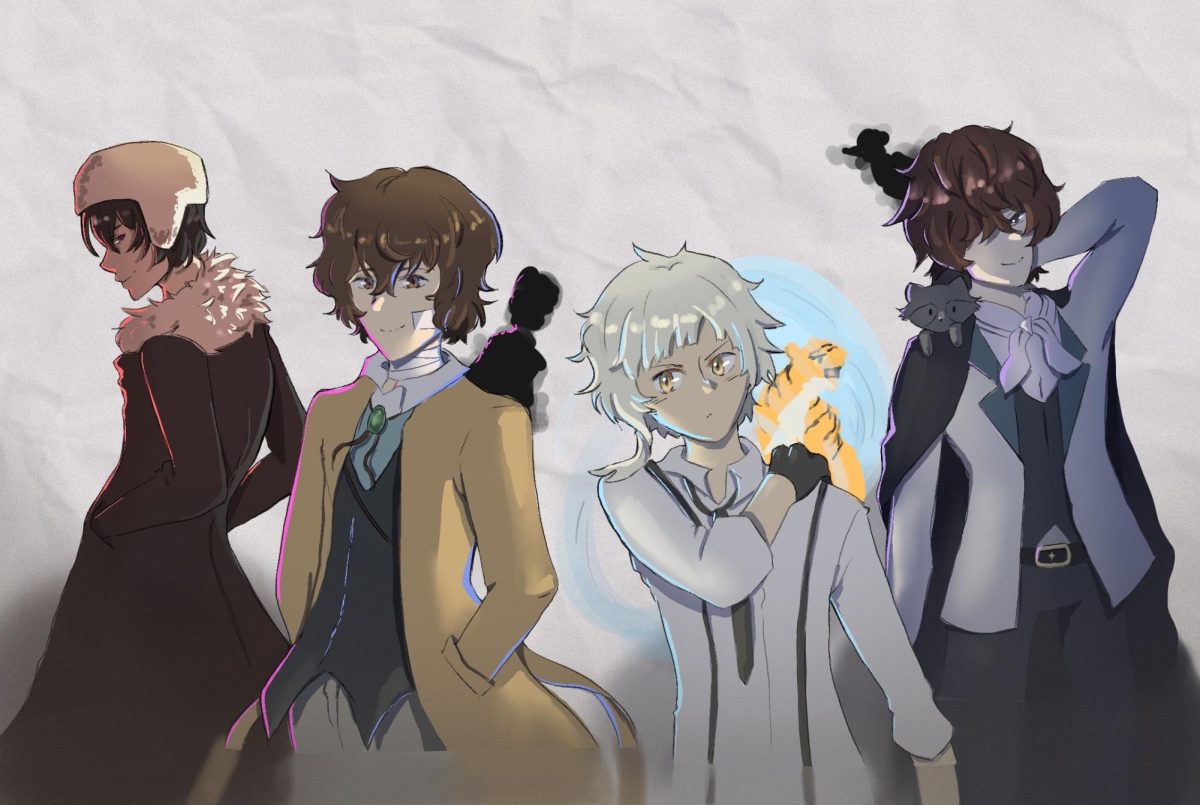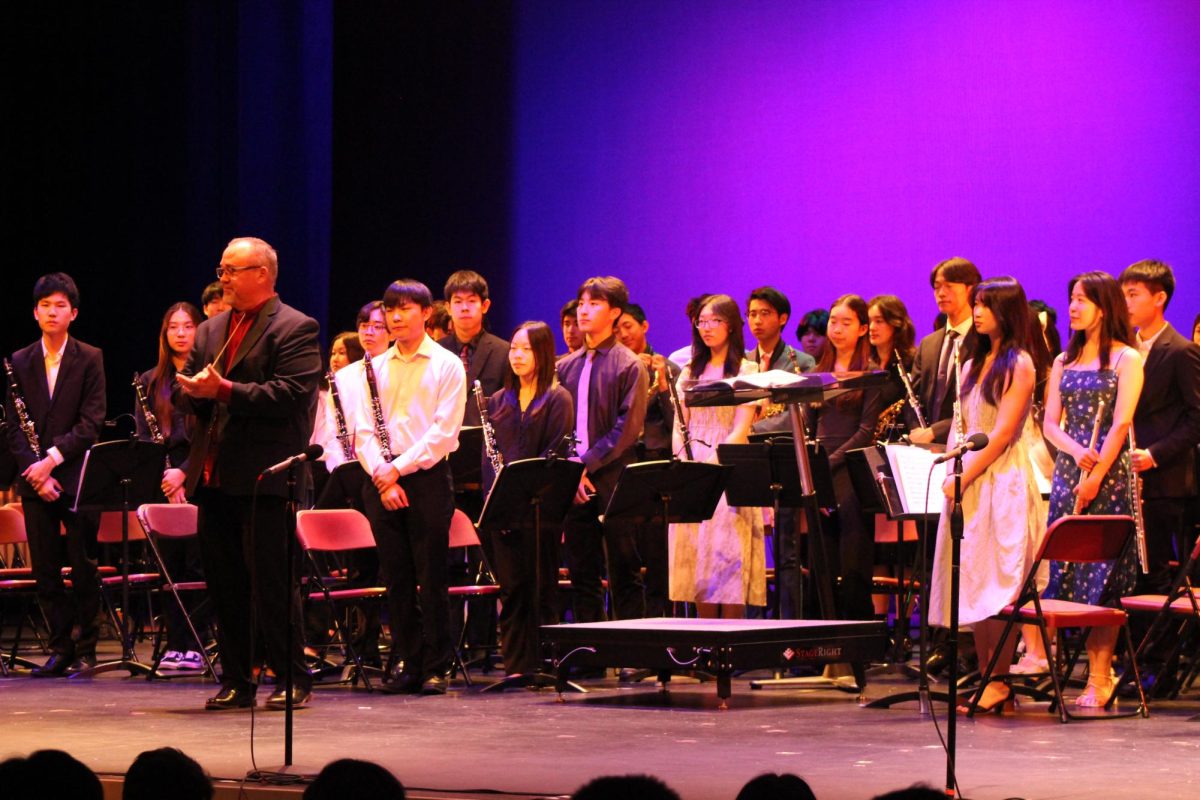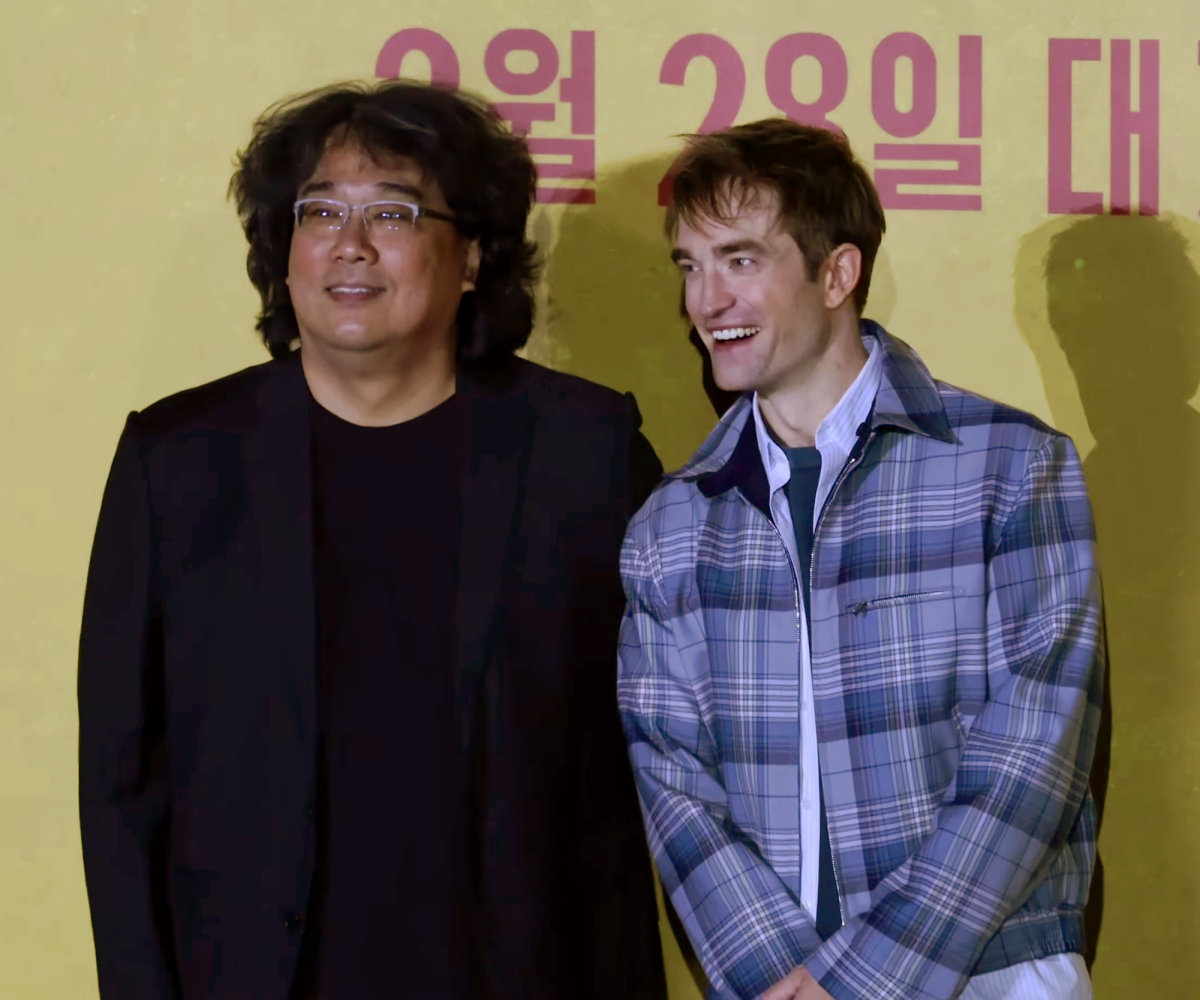TW: This piece contains mild mentions of suicide. Please proceed with caution if you are sensitive to these topics. If you believe you or a loved one are at risk, feel free to call or text the Suicide Prevention Hotline at 988, open 24 hours every day of the week.
This article contains slight Bungo Stray Dogs spoilers
Bungo Stray Dogs is an anime and original manga series produced with unique supernatural elements, fluid scenes, and compelling characters. Kafka Asagiri, the writer of the manga, anime, light novels, game, and all spinoff series that connect to the original series, shares his story in an interview between him and Crunchyroll.
Asagiri explains that, initially, Bungo Stray Dogs started off as a manga series, but then was adapted by the animation studio Bones—an announcement that made Asagiri very happy, since Bones had animated Cowboy Bebop, a source of inspiration for the anime. Crunchyroll also prompts Asagiri to present his opinion on Chekhov’s gun, a narrative principle that states that all elements in a story must be essential and discards all irrelevant elements.
“Essential!” Asagiri exclaims in regard to the principle. “Even though I also use this flag-raising method, I actually turn it around and, instead of going as expected for that raised flag, I actually break that flag!” In other words, Asagiri loves doing the unexpected to further develop the storyline and throw off any predictions the audience may have suspected. However, while its complex plotlines and immersive action scenes are captivating, its connection to real-life literary authors often goes overlooked or forgotten by most fans.
The term “bungo” in the title comes from the use of renowned literary figures as character templates. “Bungo” roughly refers to classical literature, an essential aspect of the series. Each major character possesses supernatural abilities, or “gifts”, that reflect the themes and motifs posed by their corresponding authors. The term “stray dogs” symbolizes individuals without a clear sense of purpose or belonging in society. A character in the series, Osamu Dazai, sums this up best.
“Everyone fights, searching for the correct way to live their lives,” says Dazai. “What do they seek by fighting? How ought they live? No one can say. All we have is the right to waver. Like Stray Dogs that have hit rock bottom.” (Season 2, Episode 12 of Bungo Stray Dogs)
Despite the characters’ extraordinary abilities, they struggle with insecurities, finding their identities, and accepting their past—just like “stray dogs” in real life, trying to find their place and purpose. The incorporation of realistic sentiments adds not only depth to the characters’ journeys of self-discovery, but allows for an engaging foundation as the characters face struggles encountered by the real-life authors and their works.
The protagonist of the series, Atsushi Nakajima, is the first character introduced who expands on these challenges. He is named after the real-life Japanese author Atsushi Nakajima, who is most known for his short story, The Moon Over the Mountain (also known as The Tiger Poet). The fictional Atsushi possesses an ability called “Beast Beneath the Moonlight”, which references a scene in the story where a man travels through a forest and encounters an old friend who has turned into a tiger. Similar to the old friend in The Moon Over the Mountain, the Atsushi in the series grapples with existential despair and the human experience, two major themes featured in Bungo Stray Dogs.
The deuteragonist of Bungo Stray Dogs, Osamu Dazai, takes his name from Osamu Dazai, renowned Japanese author of No Longer Human and The Setting Sun. In Bungo Stray Dogs, Dazai ability’s name, “No Longer Human”, signifies Dazai’s deep sentiment of not feeling like a genuine human due to his childhood as an underground mafia executive. Fictional Dazai also exhibits qualities from the protagonist of No Longer Human, a semi-autobiographical novel written by author Osamu Dazai.
Sam Tsan, a freshman at Arcadia High School, shares the noticeable similarities between both characters, given that they have read the novel and watched the series. “Oba Yozo (the protagonist of No Longer Human) acts similarly to Dazai, since they have both experienced dehumanization and alienation by society. Like Dazai, Yozo doesn’t believe others can think like him, making him seen crazy or insane and influencing his multiple suicide attempts. Dazai is also similar to Yozo in the way he jokes (although exaggerated) about his suicidal tendencies as a way of coping with his trauma.”
With a record of 138 counts of conspiracy to murder, 312 counts of extortion, and 625 counts of assorted fraud among other crimes committed by the fictional Dazai, knowing the real-life author and works behind Dazai’s character offers a more nuanced experience when consuming the series.
Another noteworthy character is antagonist Fyodor Dostoevsky, based on the Russian novelist. His most well-known works include Crime and Punishment and Notes From Underground, which incorporate elements of morality, human nature, and social issues. In Bungo Stray Dogs, the fictional Fyodor claims he wants to purify humanity’s “sins,” including all supernatural abilities—an objective attempted with good intentions but executed in poor ways. Although the full capabilities of Fyodor’s ability “Crime and Punishment” are unknown, it is suggested that his absolute goal may be to free himself of the “punishment” his ability binds him to, reflecting protagonist Rodion Raskolnikov’s character in Crime and Punishment. Kafka Asagiri also comments that he based Fyodor off of a scene in The Brothers Karamazov (a novel written by Fyodor Dostoevsky), in which the protagonists’ son has a conversation with the devil.
Edgar Allan Poe is another gifted character based on the real-life American writer and poet Edgar Allan Poe. His ability, “Black Cat in the Rue Morgue” (a reference to The Black Cat and The Murders in the Rue Morgue, two of his short stories), allows Poe to transport readers into the setting of any murder mystery novel. Like the real Poe, fictional Poe exhibits exceptional deductive skills, an eccentric personality, and a mysterious demeanor. Furthermore, Poe displays signs of nervous anxiety and melancholy, aligning with the speculation that the real Poe would be labeled high on neuroticism on the five-factor model (a psychological personality test). Fictional Poe also has a pet raccoon named Karl, possibly taken from the 2012 film The Raven where Poe chooses to keep a raccoon given to him.
It is truly admirable how Kafka Asagiri combines authors to characters in Bungo Stray Dogs, and he simplifies his views concerning his choice of characters.
“When it comes to the theme of Bungo Stray Dogs and the literary figures within, everyone already has an image in their mind of what those authors are like. With that in mind, I ask myself, ‘How much are we able to expand on their character, their background? How can we express that in the story with the other characters [in the story] in mind to come up with some kind of harmonious relationship?’ I think of those elements very carefully and plan it out so that all comes together smoothly.”
Bungo Stray Dogs artfully blurs the lines between fiction and reality, allowing fans to appreciate its multiple layers of literary references and pay homage to the authors’ works. By drawing deep-rooted connections between its characters and their real-life counterparts, Bungo Stray Dogs is unrivaled with its iconic manner of bridging literary authors and fantasy together—truly an overlooked production in the manga and anime catalogs.
Graphic courtesy of Rachel Lee







